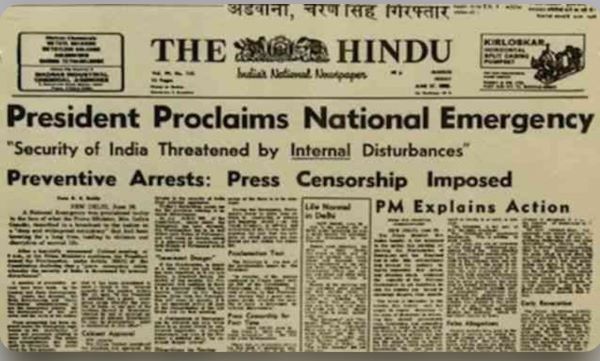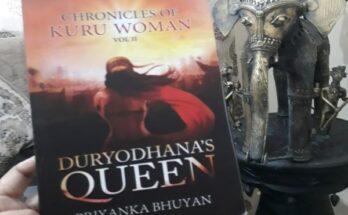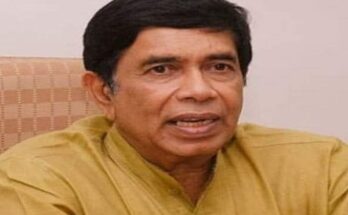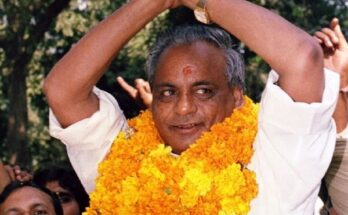
Team News Riveting
After the imposition of Emergency on the midnight of June 25 in 1975, the British media initially supported it. But within 24 hours, it took a complete U-turn.
On June 26, a full-page advertisement appeared in The Times of London carrying prominent persons’ view condemning the Emergency and the arrest of prominent leaders in India, in particular, Jayaprakash Narayan. By the middle of July, the British media was gunning for Sanjay, who allegedly was influencing and guiding his mother, Indira.
Amnesty International was pushing B K Nehru and K Natwar Singh and Socialist International was pressing for the release of George Fernandes.
K Natwar Singh in his memoirs One Life is Not Enough wrote: “At a Buckingham palace reception hosted by the queen, Lord mountbatten said to B K Nehru and me, you have locked up all my friends.” He was referring to the Rajmatas of Gwalior and Jaipur, and Bhawani Singh, the Maharaja of Jaipur. “We kept silent, but everyone heard what Mountbatten said,” Singh said.
The most vocal critic of the emergency was Fenner Brockway. He was an important Labour member of parliament and had known Gandhiji and Jawaharlal Nehru in the 1920’s and 1930’s. He had also met Indira Gandhi several times. Brockway had supported India’s freedom movement. Hence, he could not be ignored. Natwar Singh sought an appointment with him. Brockway spoke with fury against the emergency and the arrest of Jayaprakash Narayan: ‘You were probably not born when I first met Jayaprakash. Gandhi introduced him to me. Four years ago you sent him to London to put across India’s view about the brutal suppression of the people of East Pakistan. I arranged a meeting of Conservative and Labour Members of Parliament here to meet him. Jayaprakash Narayan spoke with feeling and sincerity. His presentation of India’s case was convincing and his speech made a very favourble impression on the members of Parliament. Now you want me to believe that he is a traitor?”
It would have been counterproductive for Natwar Singh to get into an argument with him. Singh ventured to suggest that he might consider writing to the Prime Minister on the lines of what he had said to him and assured him that the letter would be forwarded to her by diplomatic bag. After a few days, his letter arrived and Singh sent it to the Prime Minister. I also rather daringly wrote to her “I know what to say to our critics, but I do not know what to say to our friends.” She did not reply. Brockway also wrote to Jayaprakash Narayan, but that letter failed to reach him,” Singh recalled in his memoirs.
The Indian community in England was a house divided. Roughly 30 per cent supported the Emergency. The rest did not. Several demonstrations were held in front of India house, asking for the release of JP and other leaders. India House is located in one of the most prominent parts of London. The demonstrators had specially chosen this venue, being sure that it would get maximum media coverage. During one of the demonstrations, the High commissioner had to use the back door to avoid being accosted by the demonstrators. All our efforts to contain the hostility of the media failed, particularly after the BBC office in India was asked to close down.



